Aid to Gaza dropped significantly in February
After the scandal involving UNRWA employees in militant actions, the volume of humanitarian aid entering the Gaza Strip decreased significantly in February. Despite warnings from humanitarian leaders about famine and demands for increased aid, many countries have tried to distance themselves from the toxic situation.
However, the deaths of dozens of people on Thursday during a hasty delivery of food aid highlighted the desperation prevailing in the area.
Tragedy in the queue
More than a hundred people died in the queue for humanitarian aid in the Gaza Strip in the early morning of February 29. According to the Palestinian side’s version, this happened because the Israeli military opened fire on the crowd. The IDF says that the overwhelming number of casualties was caused by a crush unrelated to the shooting.
Israel confirmed that the incident did take place, but denied that the military deliberately fired on the crowd. According to the IDF version, after the trucks passed an Israeli checkpoint in Gaza, they were surrounded by hundreds of people trying to loot the vehicles. This led to a crush, which was the main cause of the deaths. Some of them were hit by the trucks as they tried to pass on.
According to UNRWA, the United Nations relief agency in Gaza, there was a period of supply suspension in February. Juliette Touma, a spokeswoman for UNRWA, said the supplies are not regular and far from sufficient. It was expected that the number of shipments with food, medicines and basic necessities would increase, but instead there was a significant reduction.
Boundaries
The reduction in aid is partly due to tighter controls at the Kerem Shalom checkpoint in southern Israel, which has been the main entry point since it opened in December. Before the war, about 500 trucks with humanitarian aid arrived in Gaza every day, despite the not-so-dire situation in the region.
Goods are also imported into Gaza from Egypt through the Rafah checkpoint after being checked by Israeli authorities at a separate checkpoint. But Egypt is in no hurry to open its borders to the extent necessary for humanitarian support. Arif Hussein, chief economist at the United Nations World Food Program, said other factors such as insecurity in Gaza and the limited number of border crossings through which aid can be delivered are hindering aid delivery. Israeli inspections of goods entering Gaza are aimed at preventing the import of items that could be used by Hamas.
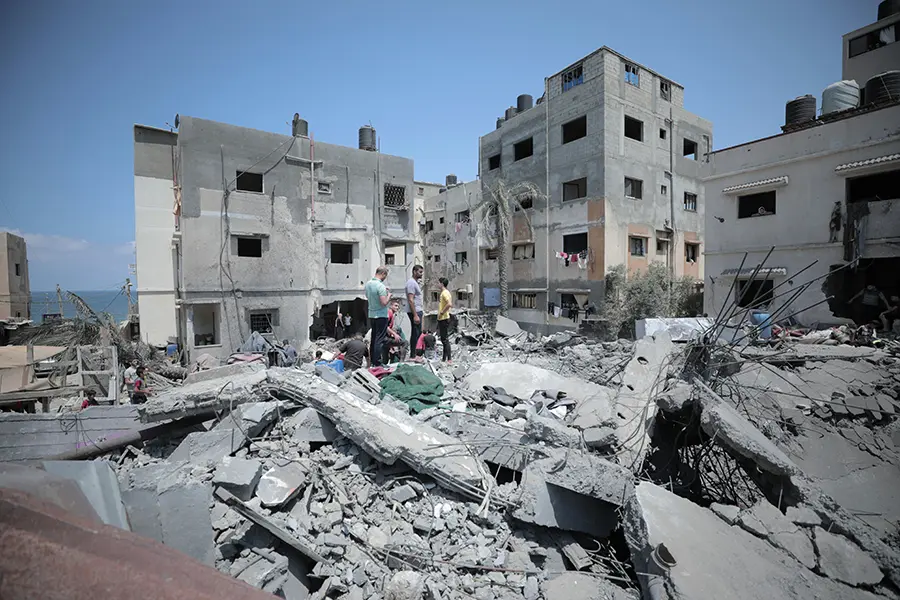
And although it is obvious that the release of the hostages will lead to an increase in aid, Hamas refuses to participate in full-fledged negotiations. During the week-long truce at the end of November, about 300 trucks with humanitarian aid entered Gaza in one day – the largest number since October 7. Even before the war, Gaza was heavily dependent on humanitarian aid: two thirds of its population received food aid. Today, almost the entire population of Gaza, numbering 2 million people, needs food aid. “The risk of famine is compounded by the inability to deliver critical food supplies in sufficient quantities to Gaza, as well as the almost unbearable working conditions faced by our staff on the ground,” said Karl Skau, Deputy Executive Director of the World Food Program. This week, the UN agency reported to the Security Council.
We also recommend reading:
The death of Muhammad al-Araj, Gaza: The Aftermath Of 100 Days Of Conflict, ICJ is a disaster or Israel’s first victory., Basic legal aspects of Israel’s war against Hamas (2023), Israel and Hamas agree deal for release of some hostages and four-day ceasefire

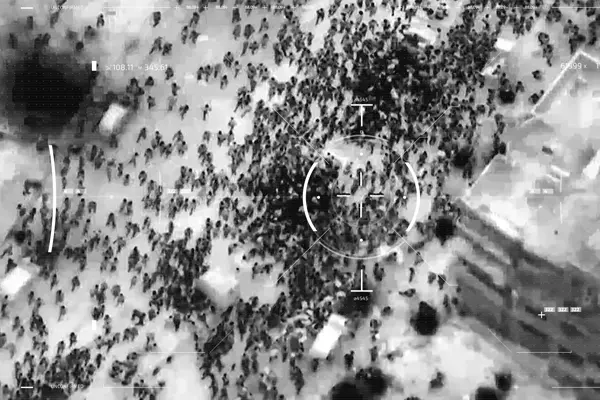



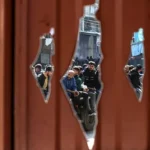

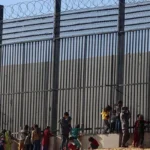



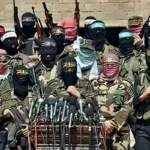


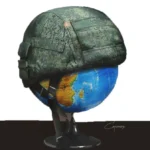
Leave a Reply